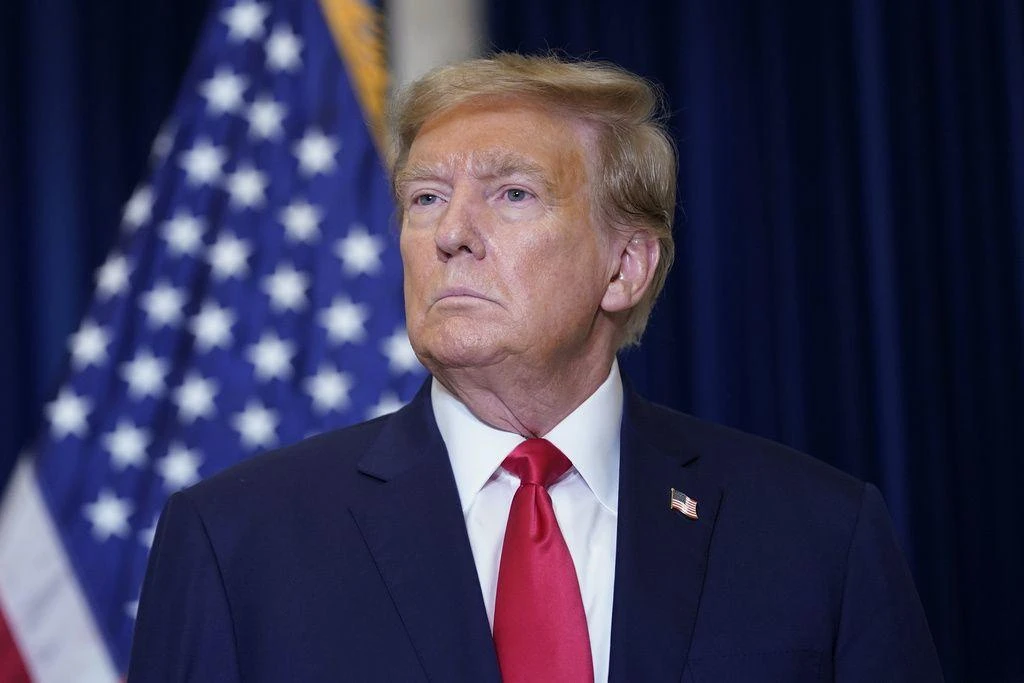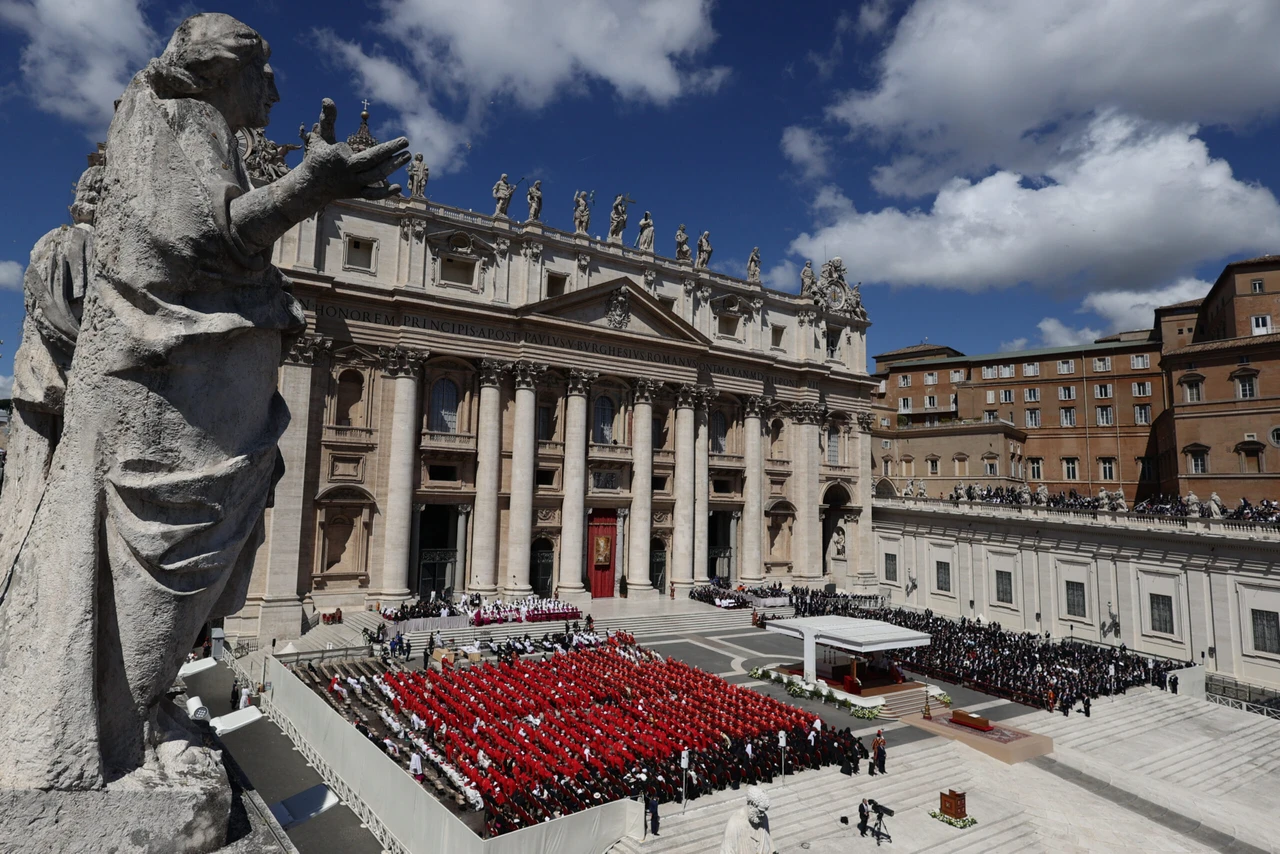Federal Appeals Court refutes Trump’s immunity claim over 2020 election actions

Federal appeals court rules former President Donald Trump does not have immunity from prosecution for attempts to overturn the 2020 election results
In a landmark decision on Tuesday, a federal appeals court ruled that former President Donald Trump does not possess immunity from prosecution for attempts to overturn the 2020 election results, marking a significant legal challenge for Trump as he is the frontrunner for the 2024 Republican presidential nomination.
The three-judge panel of the US Court of Appeals for the District of Columbia Circuit unanimously rejected Trump’s claim that he is absolutely immune from liability as he was in the office, ruling that such immunity lacked precedent, historical context or text and structure support. This judgment effectively denotes President Trump’s claims that his actions made him immune to criminal charges while still in office.
Steven Cheung, a Trump spokesman, conveyed the content of his client’s plans to file an appeal with the US Supreme Court, expressing concerns over future presidencies and the Constitution. Cheung threatened indictments against former presidents by the opposition parties if immunity does not prevail since it would inhibit presidential functions.
Trump will appeal to the Supreme Court on Monday while awaiting a temporary stay of that decision until then from an appeals court. The Supreme Court’s decision to listen or allow the appeals court order to stand can affect greatly on the litigations against Trump.
Trump was set to face trial on March 4 in Washington for conspiring with others to reverse Joe Biden’s win in the presidential election. Nevertheless, the trial was adjourned sine die until a decision by the appeals court on the immunity matter. District Judge Tanya Chutkan, who presides over the election interference trial and the appellate judges, found Trump’s immunity claim unpersuasive.
The judgement highlights that Trump, a private individual now, is liable to the same legal defences and weaknesses as any other criminal offender; eroding from him all immunity he might have enjoyed while in office.
Special Counsel Jack Smith, who brought the election conspiracy case against Trump, has sought to retain the original trial timeline. Trump’s legal team has attempted to push the case trial back until after the presidential election, hoping to get federal cases against him dismissed should he win re-election.
Apart from those legal challenges, Donald Trump may serve charges for interfering in the 2020 election held in Georgia and indictments of Florida related to top-secret documents handling. Trump’s presidency was twice impeached by the House of Representatives but acquitted from it both times in Senate.
The move has caused controversy of how much executive responsibilities vs. accountability should be maintained. Trump’s lawyer claims that by punishing a president for official acts one can change the nature of governance in this nation and such consequences will be irreversible.
With the Supreme Court poised to hear another landmark election-related case, this ruling of an appeals court is not limited only in terms of Trump’s legal battles but could set many precedents for presidential accountability and executive immunity interpretation.
Source: AFP



